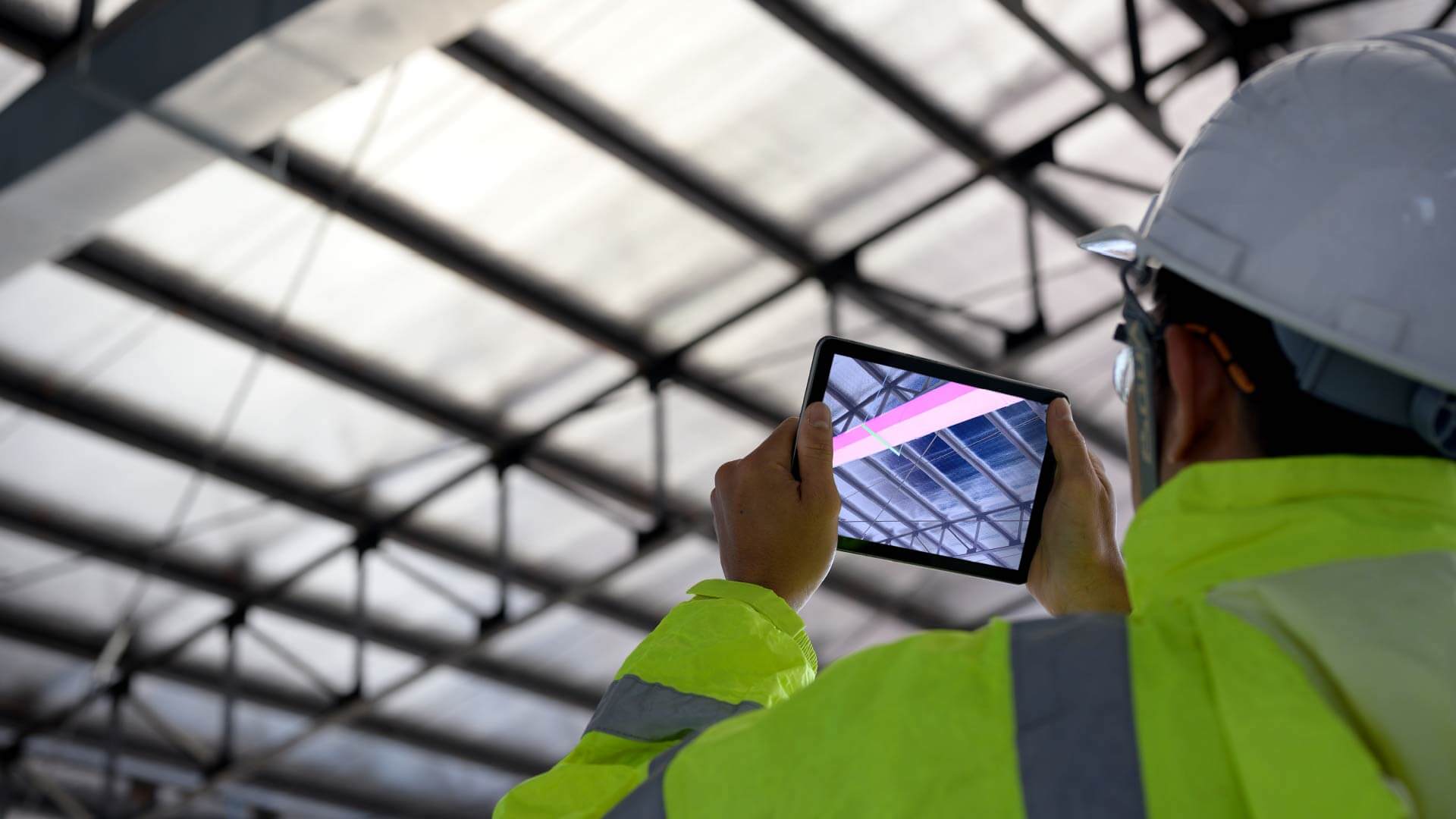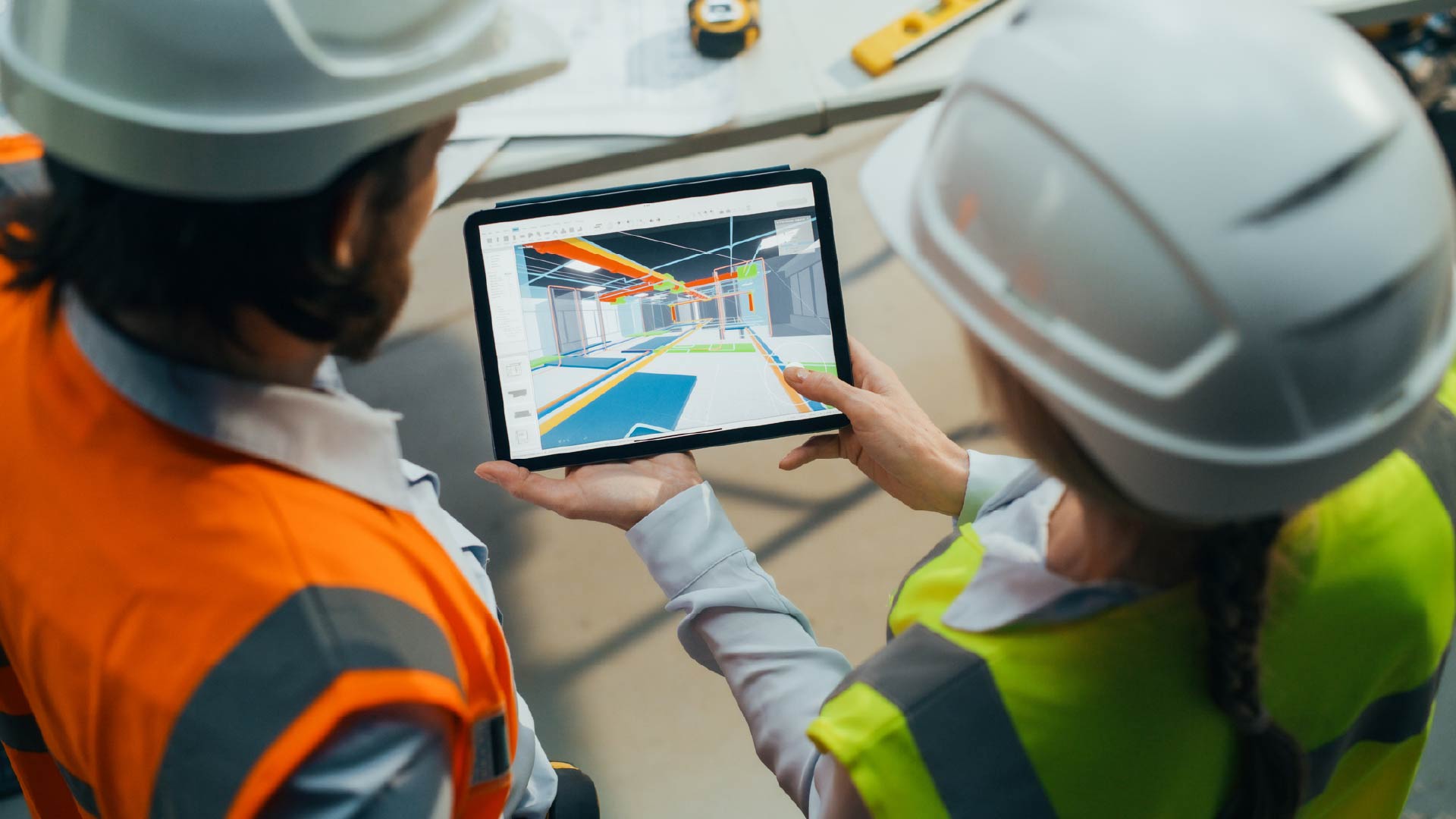Best Practices: Six Top Strategies For Seamless Construction-To-Operations Data Transfer
20 Sep, 2024
Access this research
Access all Projects & Construction Management Software content with a strategic subscription or buy this single report
Need help or have a question about this report? Contact us for assistance
Executive Summary
Inefficient transfer of data between construction and operations is putting firms at risk of legal action, financial penalties and reputational damage. Pressure from changing regulations, ever-diminishing project profit margins and organizational ESG targets are motivating stakeholders to level up their data handling procedures to mitigate risks. However, complexities in the stakeholder landscape and varying responsibilities across value chains have resulted in significant variation in industry best practices. This report highlights the six top strategies for data management and transfer throughout the building life cycle, with a focus on the transition between construction and operations.
Accelerated digitization of the construction sector highlights opportunities to address data transfer inefficiencies
Demand to eliminate data ‘black holes’ between construction and operations is greater than ever
Best practices for seamless data transfer from construction to operations
Implementing a data-centric approach underpins successful post-construction data transfer
Applying best practices for data transfer optimizes ESG metrics throughout the building life cycle
Demand to eliminate data ‘black holes’ between construction and operations is greater than ever
Best practices for seamless data transfer from construction to operations
Implementing a data-centric approach underpins successful post-construction data transfer
Applying best practices for data transfer optimizes ESG metrics throughout the building life cycle
Figure 1. Pain points and value propositions of data-driven handover for specific roles in the building life cycle
Figure 2. Key regulations driving the need for optimized data management across the building life cycle
Figure 3. Key handover steps from construction to operations
Figure 2. Key regulations driving the need for optimized data management across the building life cycle
Figure 3. Key handover steps from construction to operations
About the Authors

Sophie Planken-Bichler
Industry Analyst
Sophie is an Industry Analyst at Verdantix, specializing in AEC software and digital twins. She provides strategic guidance to both technology buyers and software vendors, del...
View Profile
Claire Stephens
Research Director
Claire Stephens is a Research Director at Verdantix, leading research into technologies and services shaping the real estate and the built environment, encompassing ...
View Profile

.jpg?sfvrsn=c008f75f_1)




